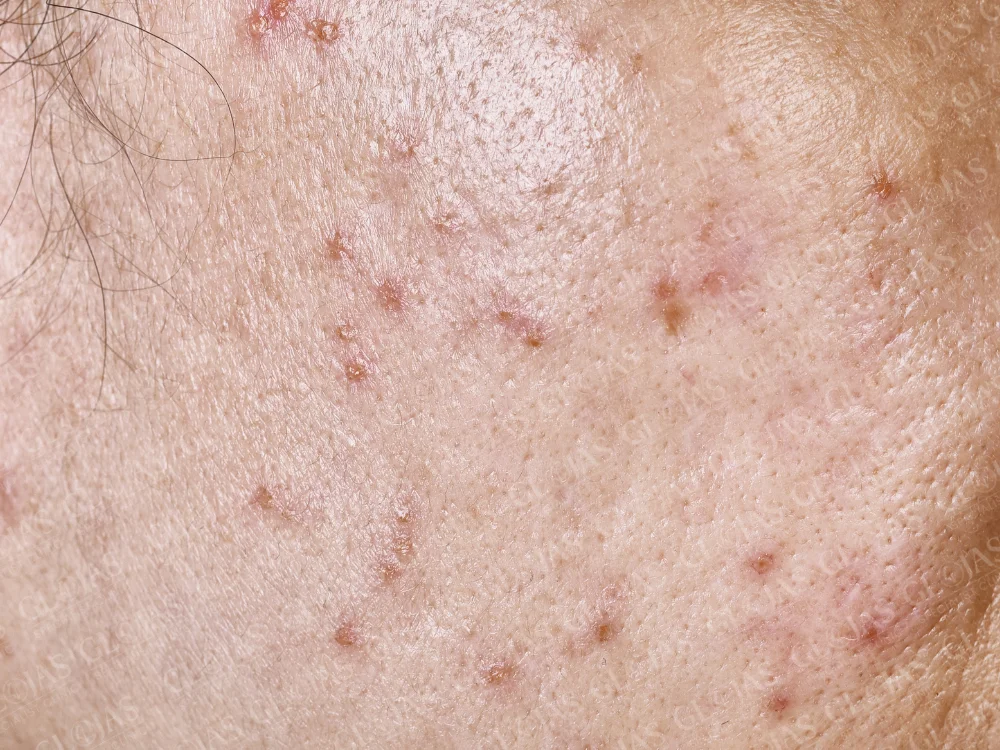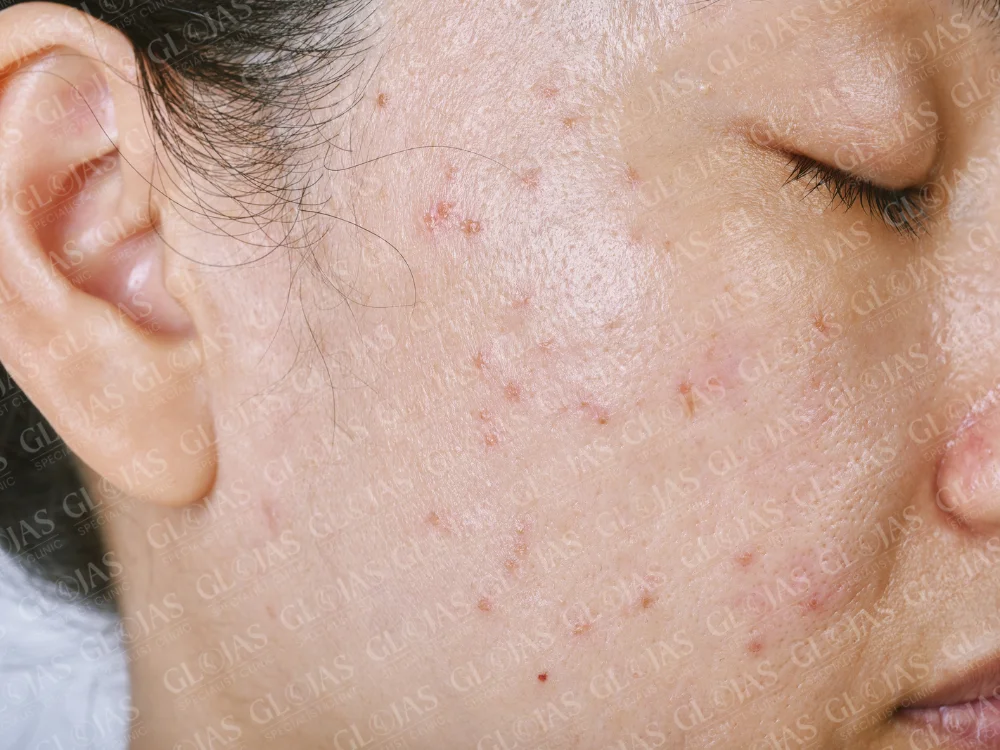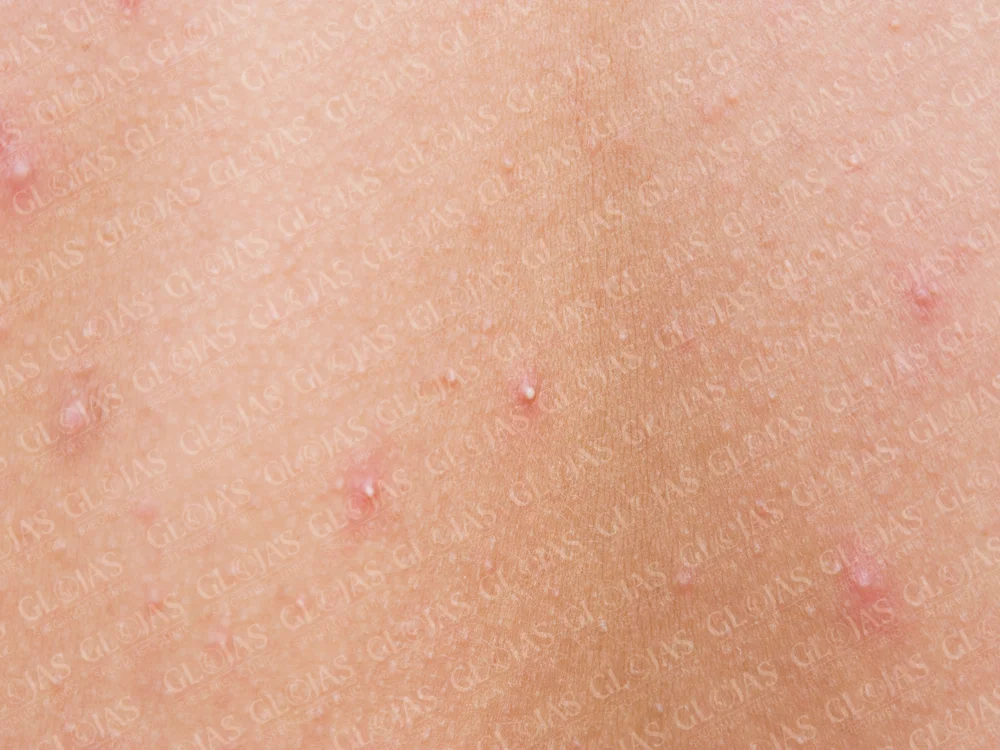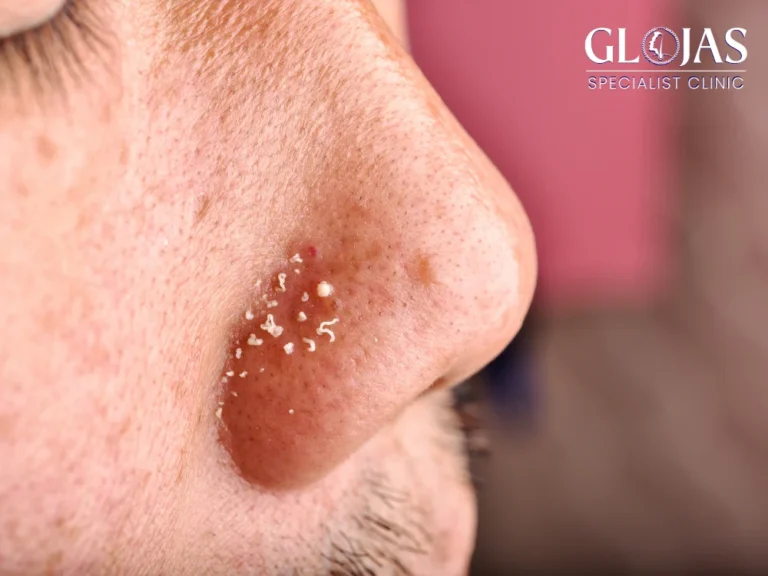Whitehead pimples are a common skin concern that can affect anyone, regardless of age or skin type. While they may not be as severe as cystic acne, they can still impact your confidence. Thankfully, understanding what causes a whitehead pimple and how to treat it effectively can lead to clearer and healthier skin.
In this article, we’ll dive deep into the causes, prevention, and treatments of whitehead pimples to help you achieve a blemish-free complexion.
What Is a Whitehead Pimple?
A whitehead pimple, also known as a closed comedone, forms when a pore becomes clogged with oil, dead skin cells, and bacteria. Unlike blackheads, whiteheads remain closed, giving them their characteristic white or flesh-colored appearance.
Whitehead pimples typically appear on the face, neck, shoulders, and back but can occur anywhere on the body.
What Causes Whitehead Pimples?
Several factors can contribute to the development of whitehead pimples, which include:
1. Excess Sebum Production
Overactive sebaceous glands can produce too much oil, leading to clogged pores.
2. Hormonal Changes
Hormonal fluctuations during puberty, menstruation, pregnancy, or stress can trigger whitehead pimples.
3. Poor Skincare Routine
Failing to cleanse your face properly can result in the accumulation of oil and dirt, which blocks pores.
4. Use of Comedogenic Products
Makeup, moisturizers, and sunscreens containing comedogenic ingredients can trap oil and dirt in the pores.
5. Diet and Lifestyle
Consuming high-glycemic foods or dairy products may exacerbate acne, including whitehead pimples.

How to Identify a Whitehead Pimple?
Whitehead pimples are small, round, and white or skin-colored bumps. They are painless and non-inflammatory, making them distinct from red, inflamed pimples like papules or pustules.
Top Treatments for Whitehead Pimples
While whitehead pimples are relatively mild, they still require proper treatment to prevent them from worsening. Here are seven effective ways to treat whitehead pimples:
1. Cleansing with Gentle Products
Using a mild, non-comedogenic cleanser twice a day can help remove excess oil and dirt without irritating your skin. Avoid harsh scrubs, as they can damage your skin barrier.
2. Exfoliating with Salicylic Acid
Salicylic acid penetrates deep into the pores, breaking down oil and dead skin cells. It’s an ideal treatment for whitehead pimples because it unclogs pores and prevents new pimples from forming.
3. Applying Retinoids
Topical retinoids like adapalene or tretinoin increase cell turnover, preventing the buildup of dead skin cells in the pores. They are highly effective in managing whitehead pimples.
4. Using Benzoyl Peroxide
Benzoyl peroxide is a powerful antibacterial agent that reduces bacteria in the pores. While it’s primarily used for inflammatory acne, it can also help with stubborn whiteheads.
5. Moisturizing with Lightweight Products
Hydration is key to maintaining a healthy skin barrier. Use lightweight, oil-free moisturizers labeled “non-comedogenic” to keep your skin balanced without clogging pores.
6. Professional Extractions
Dermatologists or licensed estheticians can safely extract whiteheads without causing scarring or infection. Avoid attempting to pop them at home, as this can lead to complications.
7. Incorporating Clay Masks
Clay masks, particularly those containing kaolin or bentonite, absorb excess oil and draw impurities from the skin. Use them 1-2 times a week to keep your pores clean.

How to Prevent Whitehead Pimples
Preventing whitehead pimples requires consistent skincare and healthy lifestyle habits. Here are some actionable tips:
1. Stick to a Daily Skincare Routine
Cleanse, exfoliate, and moisturize daily to remove impurities and maintain balanced skin.
2. Avoid Touching Your Face
Hands carry bacteria that can clog pores, so avoid touching your face unnecessarily.
3. Remove Makeup Before Bed
Sleeping with makeup on can clog pores, so always cleanse your face thoroughly before sleeping.
4. Use Non-Comedogenic Products
Choose skincare and makeup products labeled as “non-comedogenic” to prevent pore blockages.
5. Maintain a Balanced Diet
Eat a diet rich in fruits, vegetables, and lean proteins while avoiding sugary or processed foods.
6. Stay Hydrated
Drinking enough water helps flush out toxins and keeps your skin hydrated.
7. Manage Stress
Stress can trigger hormonal imbalances, so practice relaxation techniques like yoga, meditation, or deep breathing exercises.
When to See a Dermatologist?
While most whitehead pimples can be managed at home, persistent or severe cases may require professional intervention. Consult a dermatologist if:
- You experience frequent or widespread whiteheads.
- Over-the-counter treatments fail to work.
- Your skin shows signs of infection or scarring.
Myths About Whitehead Pimples
Myth 1: Whitehead Pimples Are Caused by Poor Hygiene
Truth: While poor cleansing can contribute to clogged pores, whitehead pimples are primarily caused by excess oil production and dead skin cells.
Myth 2: Popping Whiteheads is Safe
Truth: Attempting to pop whiteheads can lead to scarring and infections. Professional extractions are safer and more effective.
Myth 3: Sunscreen Causes Whiteheads
Truth: Only comedogenic sunscreens contribute to clogged pores. Opt for non-comedogenic, oil-free sunscreens instead.

FAQs About Whitehead Pimples
1. How long does it take for a whitehead pimple to go away?
Whitehead pimples typically clear up within 7-10 days if left untreated. Using targeted treatments can speed up the healing process.
2. Can whitehead pimples turn into other types of acne?
Yes, if a whitehead becomes inflamed due to bacteria or irritation, it can turn into a pustule or papule.
3. Are whitehead pimples contagious?
No, whitehead pimples are not contagious and cannot spread from person to person.
4. Can diet alone cause whitehead pimples?
Diet may play a role in acne development, but it is usually a combination of factors, including genetics, hormones, and skincare habits.
5. Is it okay to exfoliate whitehead pimples?
Yes, gentle exfoliation can help remove dead skin cells and prevent clogged pores. Avoid harsh scrubbing, which can irritate the skin.
6. What’s the best way to prevent whitehead pimples?
A consistent skincare routine, non-comedogenic products, and a healthy diet are the best ways to prevent whitehead pimples.
Conclusion
Whitehead pimples may seem minor, but with the right care and preventive measures, you can reduce their occurrence and maintain clear, healthy skin. By understanding their causes and treatments, you’ll be better equipped to tackle this common skin concern effectively.

